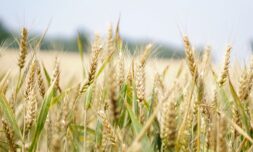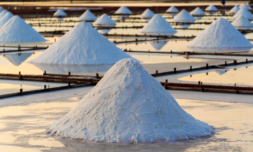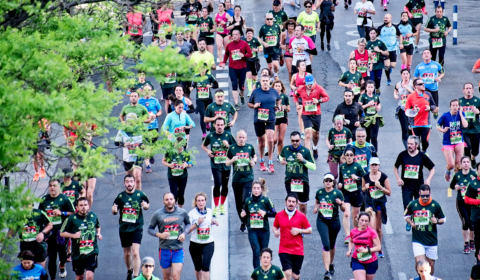In attempts to drastically cut national emissions by 2030, the Dutch government has approved a €1.5 billion scheme to buy out local livestock farmers. The aim is to reduce two greenhouse gases – nitrous oxide and methane – from contributing to global heating.
By now, it is common knowledge that livestock farming accounts for a huge portion of global greenhouse emissions annually.
But information related to the relationship between animal farming and the climate crisis tends to focus on the amount of carbon dioxide (CO2) emitted during the process of getting a single piece of steak to the dinner table, for example.
At recent climate events, however, scientists and leaders have begun pointing to methane and nitrogen oxide as the ‘lowest hanging fruit’ in the fight to prevent further global heating.
Methane and nitrogen oxide are two gases that are heavily concentrated on livestock farms, where animal manure is stored and treated in great quantities.
Looking to fast-track its way to 2030 green targets, the Dutch government has moved to buy out local livestock farmers’ businesses. So how will the plan work?




















